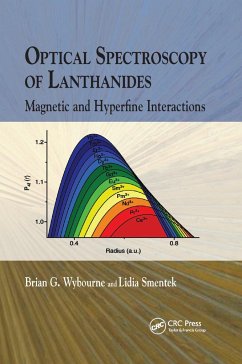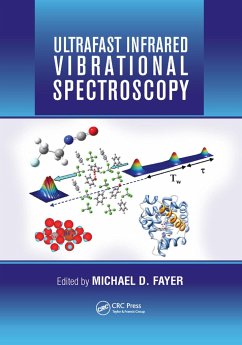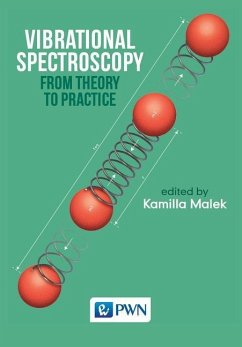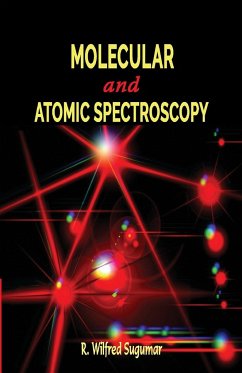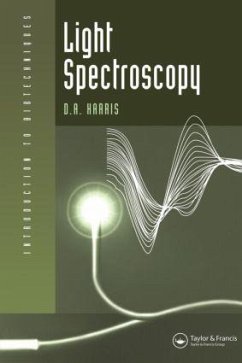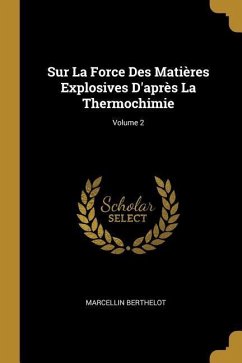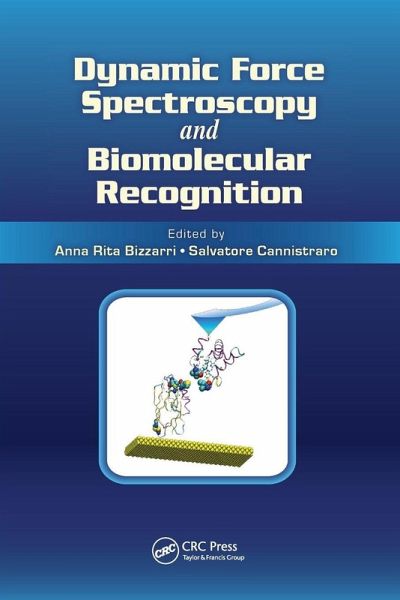
Dynamic Force Spectroscopy and Biomolecular Recognition
Versandkostenfrei!
Versandfertig in 1-2 Wochen
101,99 €
inkl. MwSt.

PAYBACK Punkte
51 °P sammeln!
Originating from protein stretching experiments, dynamic force spectroscopy (DFS) allows for the extraction of detailed information on the unbinding process of biomolecular complexes. It is becoming progressively more important in biochemical studies and is finding wider applications in areas such as biophysics and polymer science. This book covers the most recent ideas and advances in the field of DFS applied to biorecognition. Leading experts in the field offer their perspectives on such important topics as atomic force microscopy, force spectroscopy, interaction geometries, and immobilizati...
Originating from protein stretching experiments, dynamic force spectroscopy (DFS) allows for the extraction of detailed information on the unbinding process of biomolecular complexes. It is becoming progressively more important in biochemical studies and is finding wider applications in areas such as biophysics and polymer science. This book covers the most recent ideas and advances in the field of DFS applied to biorecognition. Leading experts in the field offer their perspectives on such important topics as atomic force microscopy, force spectroscopy, interaction geometries, and immobilization strategies.





